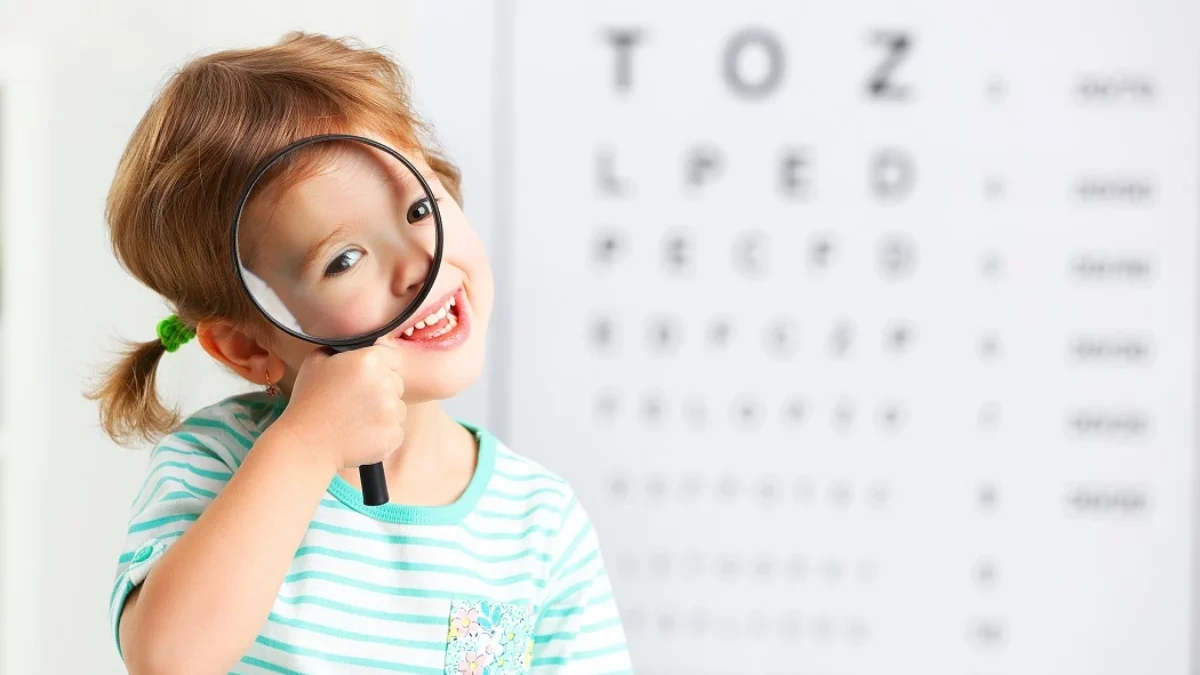All Categories
Featured
Table of Contents

Regular eye evaluations are crucial for keeping great vision and identifying possible eye health and wellness problems early. Nonetheless, the regularity of these tests can differ substantially based upon a person's age, way of life, and overall wellness. Understanding the recommended routine for eye exams can aid ensure that individuals of all ages get suitable care and tracking for their eye wellness.
Newborns and Toddlers (0-2 Years)
For toddlers and infants, eye exams are vital for spotting any type of prospective vision problems at an early stage. The American Academy of Ophthalmology suggests that a youngster's first eye exam should take place at around 6 months of age. During this initial browse through, the eye treatment specialist will certainly evaluate the youngster's aesthetic development and look for any type of obvious eye concerns.Following this initial test, it is advised that youngsters have one more eye test at age three. This browse through will certainly focus on analyzing the youngster's total visual function, consisting of eye placement and the ability to track items. If no issues are detected, the following exam needs to be set up prior to the kid begins institution, normally around age 5 or 6.
School-Aged Children (6-18 Years)
Routine eye examinations ought to be scheduled every one to two years once kids reach school age. Vision is vital for discovering and development, and many schools carry out vision testings. These screenings do not replace a detailed eye exam by an eye treatment professional.For youngsters associated with tasks or sporting activities calling for considerable aesthetic emphasis, yearly eye tests may be suggested. Furthermore, if a child exhibits signs of vision problems-- such as problem reading, squinting, or constant migraines-- a see to the eye medical professional should be arranged immediately.
Youthful Adults (19-39 Years)
Young adults usually have fewer vision adjustments than older age groups, but regular eye exams remain crucial. The basic suggestion is to schedule an eye exam every two years during this duration. However, people with certain threat variables-- such as a family members background of eye disease, diabetes, or those that put on contact lenses-- need to consider annual eye exams.Furthermore, those that spend significant time on digital gadgets may experience digital eye strain. If signs and symptoms such as dry skin, fatigue, or obscured vision occur, it may be sensible to see an eye care specialist quicker.
Grownups (40-64 Years)
As individuals go into center age, the likelihood of developing vision troubles boosts. Adults aged 40 to 64 need to arrange eye examinations each to two years. This age may begin to experience presbyopia, a natural age-related problem that makes it testing to concentrate on close items. Eye examinations can also help spot other typical age-related conditions such as glaucoma, cataracts, and macular degeneration.If individuals in this age have risk variables like hypertension or diabetes, they might require more regular evaluations to monitor their eye wellness very closely.
Senior Citizens (65 Years and Older)
For senior citizens, routine eye exams come to be also extra essential. The American Optometric Association suggests that people matured 65 and older have an eye exam at the very least yearly. Older grownups are at a higher risk for various eye conditions, consisting of cataracts, glaucoma, and age-related macular deterioration. Early detection and treatment of these conditions can avoid vision loss and enhance the top quality of life.Conclusion.
Understanding the proper schedule for eye exams based on age is important for maintaining optimal eye wellness throughout life. By sticking to these standards and consulting with an eye treatment expert, people can take proactive steps toward maintaining their vision and general wellness.Table of Contents
Latest Posts
State-of-the-Art Safety Features in the Latest Ford Vehicles
Published Nov 26, 24
3 min read
Why Texas Tail Vodka Stands Out as a True Texan Spirit
Published Nov 26, 24
3 min read
Uncovering Existing Special Deals and Price Cuts for Car Providers
Published Nov 26, 24
0 min read
More
Latest Posts
State-of-the-Art Safety Features in the Latest Ford Vehicles
Published Nov 26, 24
3 min read
Why Texas Tail Vodka Stands Out as a True Texan Spirit
Published Nov 26, 24
3 min read
Uncovering Existing Special Deals and Price Cuts for Car Providers
Published Nov 26, 24
0 min read